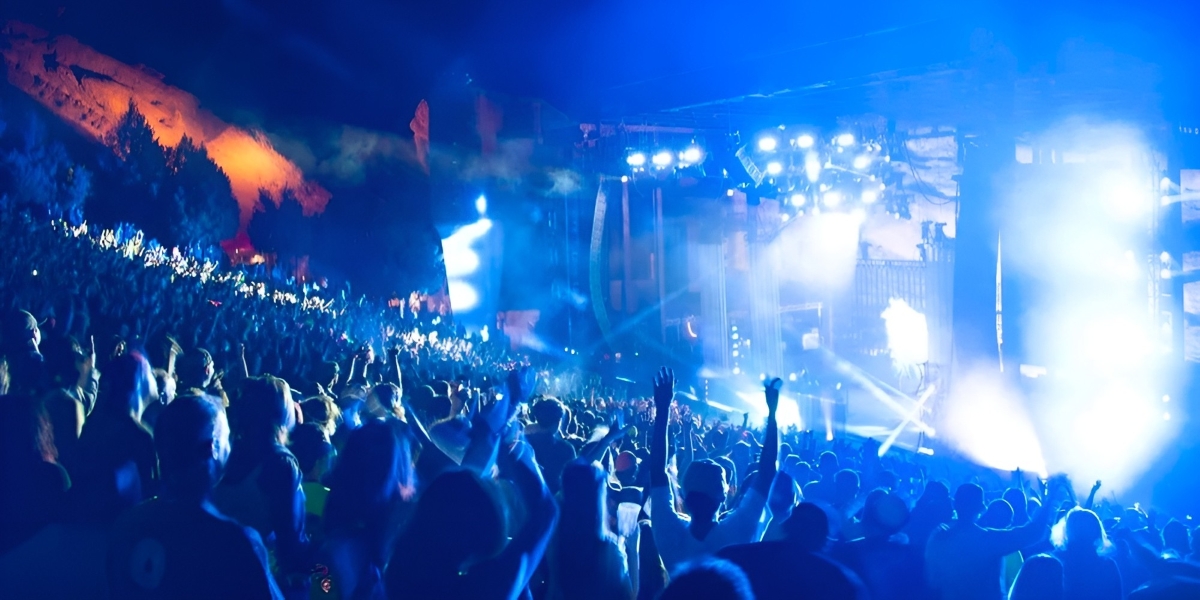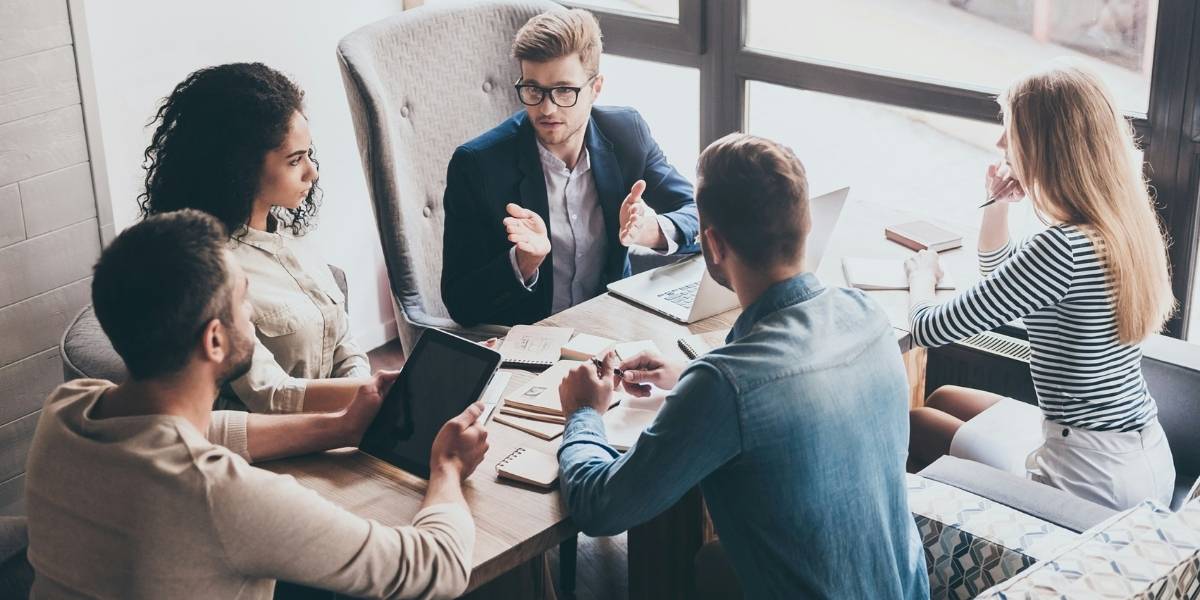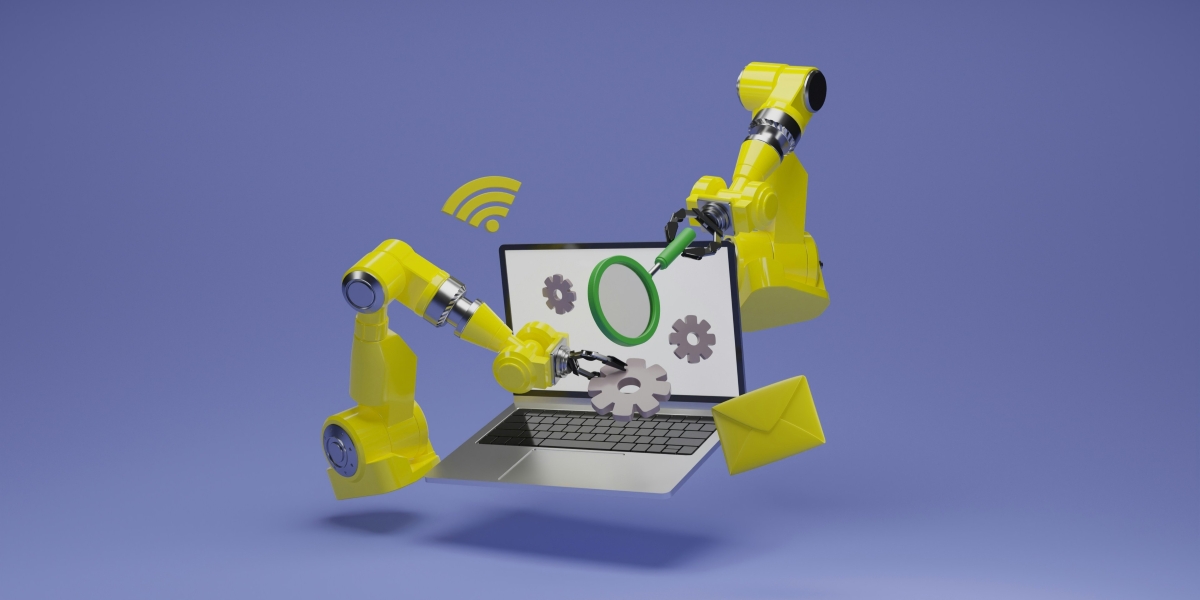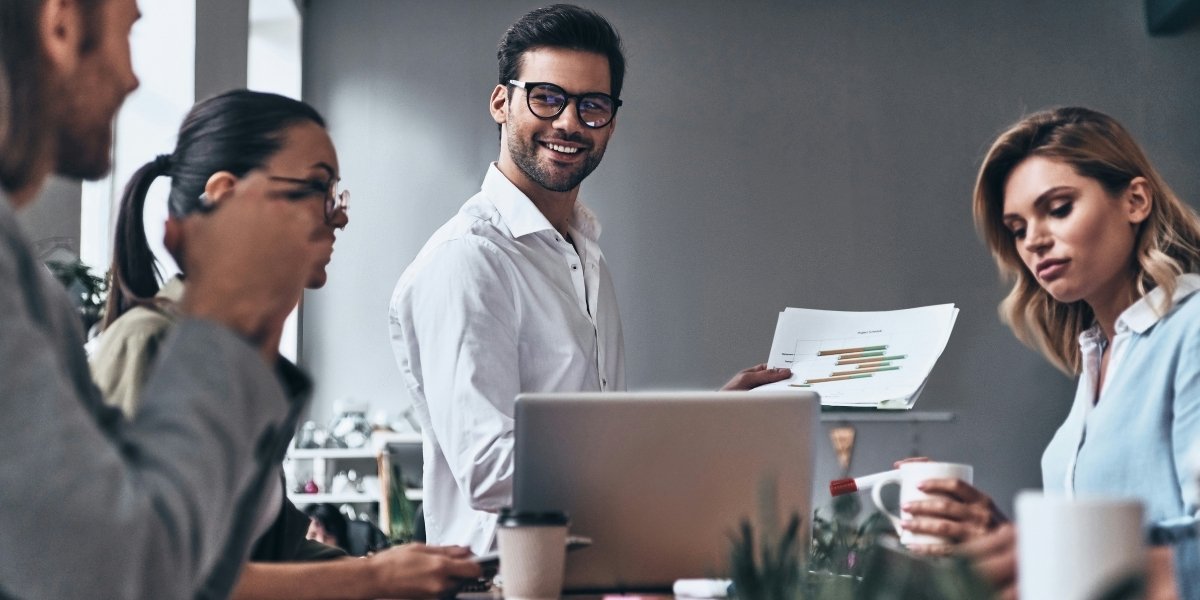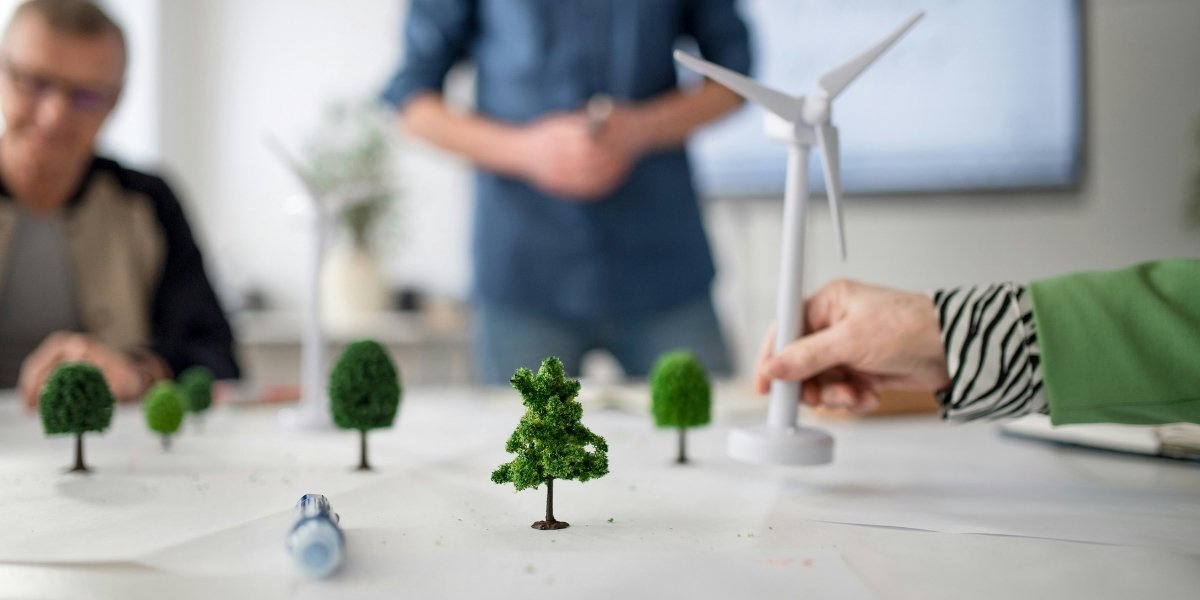Artificial intelligence (AI) has become increasingly prevalent in various aspects of our lives, from virtual assistants to self-driving cars. One area where AI has made significant strides is in the realm of art. However, there are many misconceptions surrounding AI’s role in art creation and its impact on the artistic community. In this article, we will explore these misconceptions and shed light on the relationship between AI and art.
Misconception 1: AI Replaces Human Creativity
One common misconception about AI and art is that AI has the potential to replace human creativity altogether. Some fear that AI-generated art will devalue the work of human artists and undermine the authenticity of artistic expression. However, while AI can generate artwork based on algorithms and data inputs, it lacks the emotional depth, intuition, and subjective experience that human artists bring to their work.
Misconception 2: AI Art is Soulless and Mechanical
Another misconception is that AI-generated art lacks soul and emotion, as it is created by algorithms and machines rather than human hands and hearts. While it’s true that AI-generated art is driven by algorithms and data, it can still evoke powerful emotions and resonate with viewers on a profound level. The creative process behind AI art often involves human input, such as selecting parameters, training algorithms, and curating the final output, adding layers of complexity and nuance to the artwork.
Misconception 3: AI Art is Not Authentic
Some skeptics argue that AI-generated art is not authentic because it is not created by human hands. However, authenticity in art is not solely determined by the means of creation but by the intention, expression, and impact of the artwork. Whether created by human artists or AI algorithms, art has the power to move, inspire, and provoke thought, transcending the boundaries of its creation.
Misconception 4: AI Threatens Artistic Careers
There is a misconception that AI poses a threat to the livelihoods of human artists by automating the creative process and producing artwork at scale. While AI may change the landscape of the art world by introducing new tools and techniques, it also creates opportunities for collaboration, experimentation, and innovation. Many artists embrace AI as a tool for exploration and discovery, integrating it into their creative process to push the boundaries of traditional art forms.
Misconception 5: AI Art is Unoriginal and Repetitive
Some critics argue that AI-generated art lacks originality and creativity, as it relies on algorithms and data to generate artwork. However, AI art is not limited to replicating existing styles or trends but can create entirely new forms of expression that challenge conventional notions of art. By leveraging machine learning algorithms and generative models, AI artists can explore novel aesthetics, patterns, and concepts that push the boundaries of artistic expression.
Embracing the Intersection of AI and Art
Rather than viewing AI as a threat to the traditional art world, many artists and scholars embrace AI as a tool for exploration, experimentation, and collaboration. AI offers new possibilities for artistic expression, enabling artists to explore complex patterns, generate novel ideas, and push the boundaries of creativity. By integrating AI into their practice, artists can expand their toolkit, explore new techniques, and engage with audiences in innovative ways.
A Complicated Relationship
In conclusion, the relationship between AI and art is complex and multifaceted, challenging traditional notions of creativity, authenticity, and originality. While AI-generated art may raise questions and concerns about the role of technology in the artistic process, it also opens up new possibilities for exploration, collaboration, and innovation. By demystifying the misconceptions surrounding AI and art, we can embrace the intersection of technology and creativity, enriching the artistic landscape and expanding the horizons of human expression. As AI continues to evolve and mature, its impact on the art world will undoubtedly be profound, shaping the way we create, experience, and appreciate art for generations to come.




